Web3 Payment Cards in Malaysia: Can They Be Used on Shopee, Grab, or TNG?
January 11, 2025

KUALA LUMPUR, 15 May 2025 — As interest in cryptocurrency and blockchain technology continues to rise in Malaysia, many are beginning to explore Web3 payment cards as an alternative method for everyday spending. These cards, often linked to popular crypto wallets and backed by major payment networks, offer a new way to bridge digital assets with traditional finance. But how well do they integrate with widely used local platforms like Shopee, Grab, and Touch ‘n Go (TNG)?
Web3 payment cards — such as those issued by Crypto.com, Binance, and Wirex — are essentially prepaid debit cards that allow users to convert crypto assets into fiat currency at the point of purchase. These cards are typically powered by Visa or Mastercard, enabling global acceptance where those networks are supported.
While the concept is promising, integration with Malaysian platforms remains limited.
How Web3 Payment Cards Work
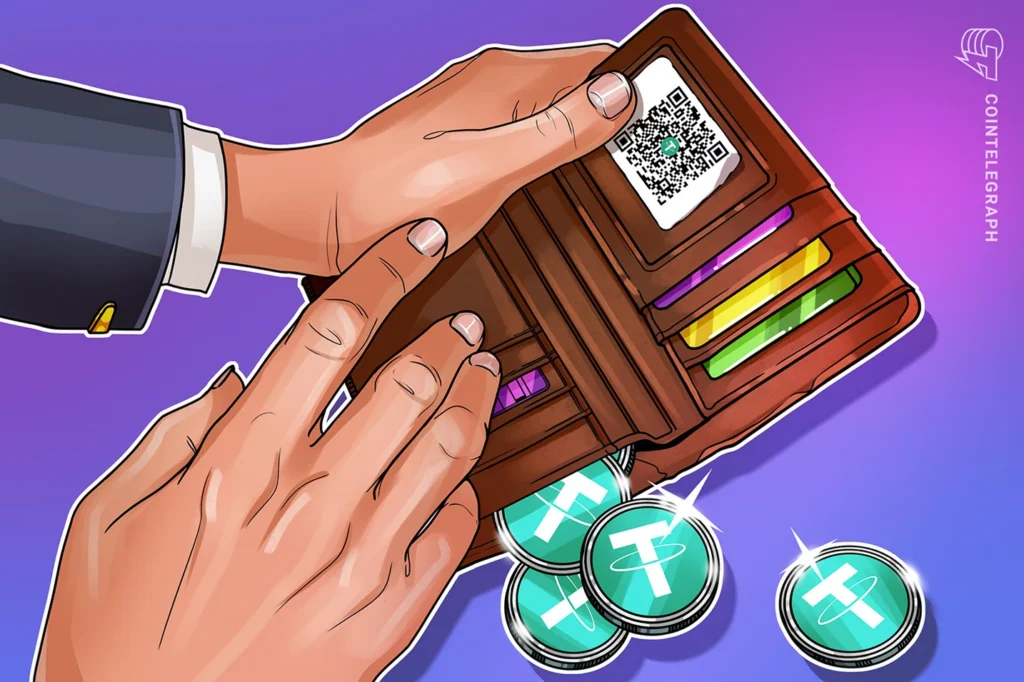
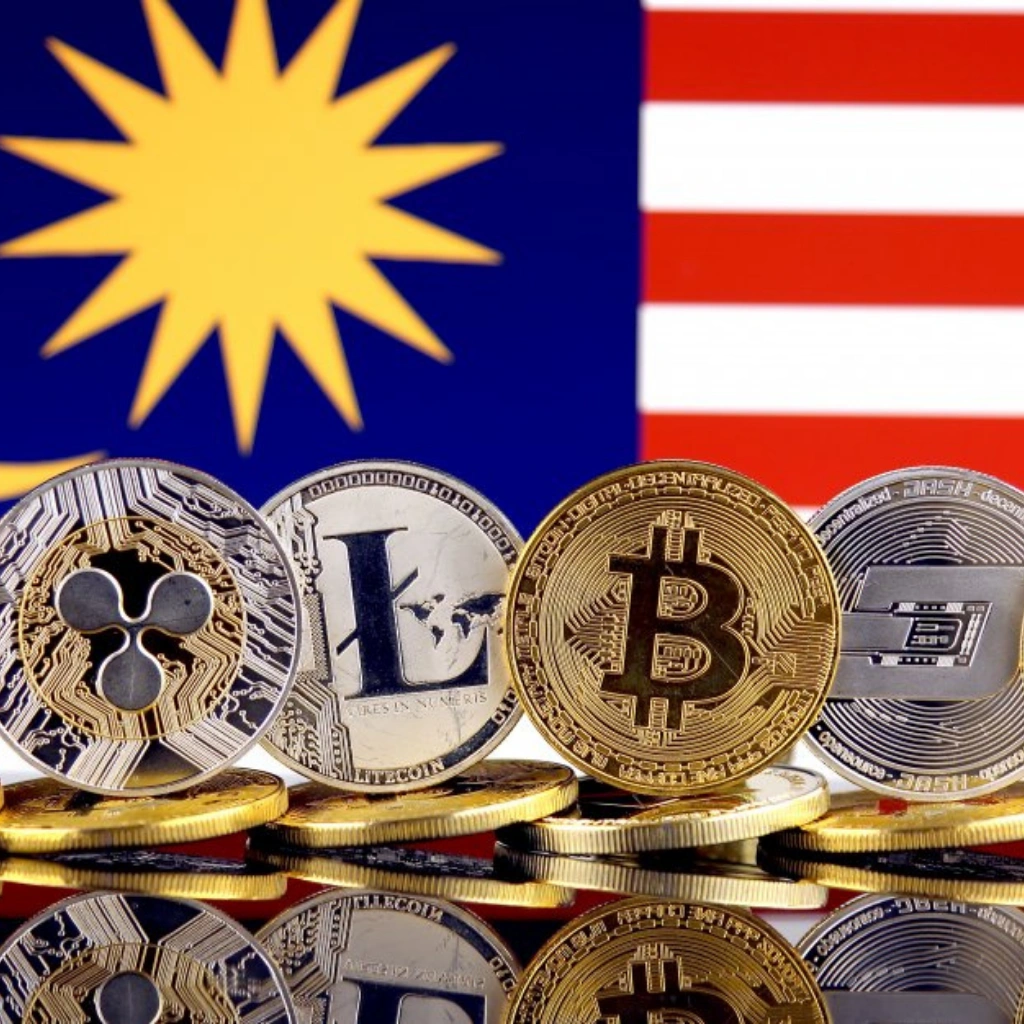
Web3 payment cards operate by connecting directly to a user’s cryptocurrency wallet. When a transaction is made, the crypto is automatically converted into the local currency — in this case, Malaysian Ringgit — through real-time conversion. In theory, this allows the card to be used for standard retail or online purchases, just like any traditional debit card.
However, platform-specific policies in Malaysia can restrict or block certain card types, especially when they are classified as prepaid or issued outside the country.
Current Usage in Malaysia: Mixed Accessibility
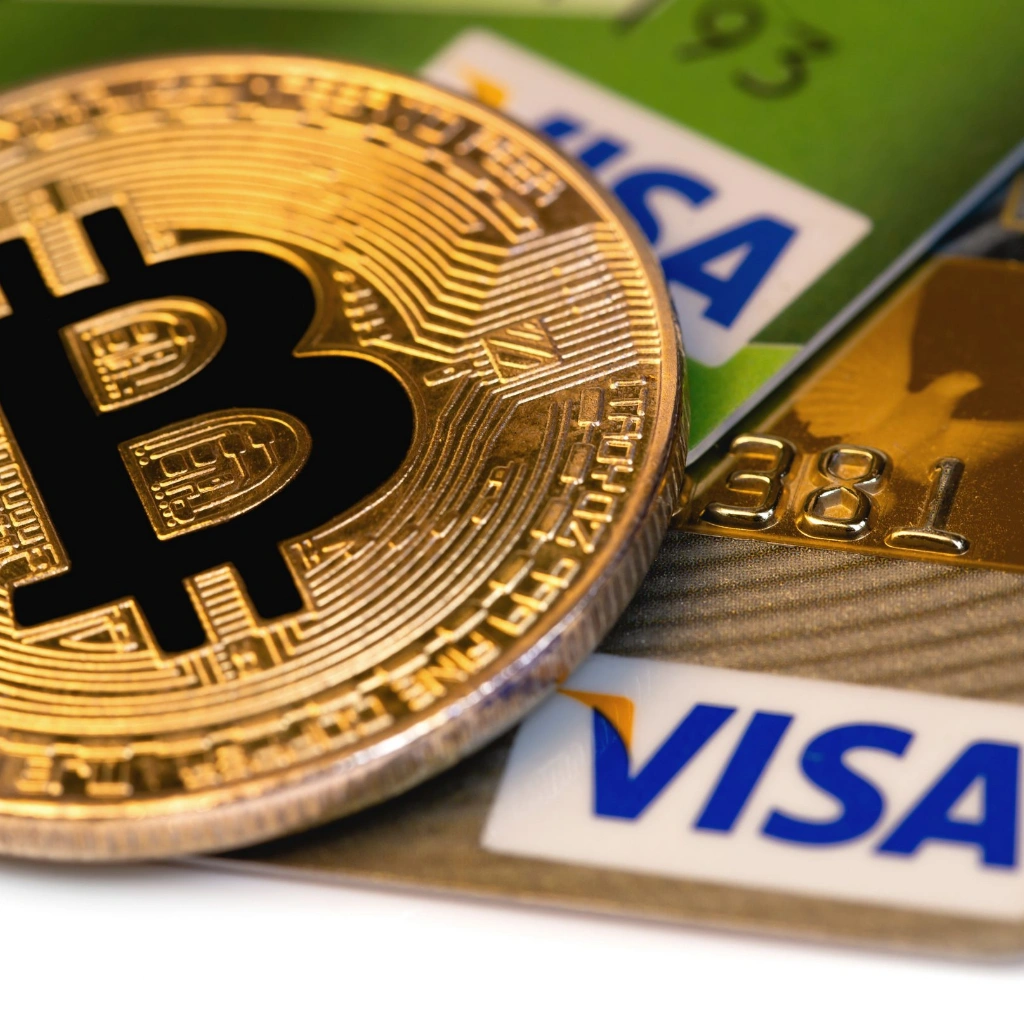
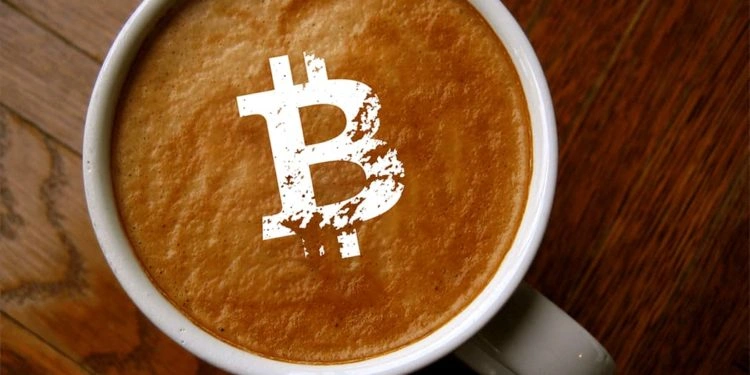
In Malaysia, Web3 cards have found moderate success with physical retailers that accept Visa or Mastercard. This includes cafes, petrol stations, and supermarkets. Similarly, international e-commerce platforms with open payment gateways may also accept such cards without issue.
But when it comes to Malaysian fintech services — particularly ShopeePay, GrabPay, and TNG eWallet — the situation is more restrictive.
Shopee, Grab & TNG: What’s Possible, What’s Not
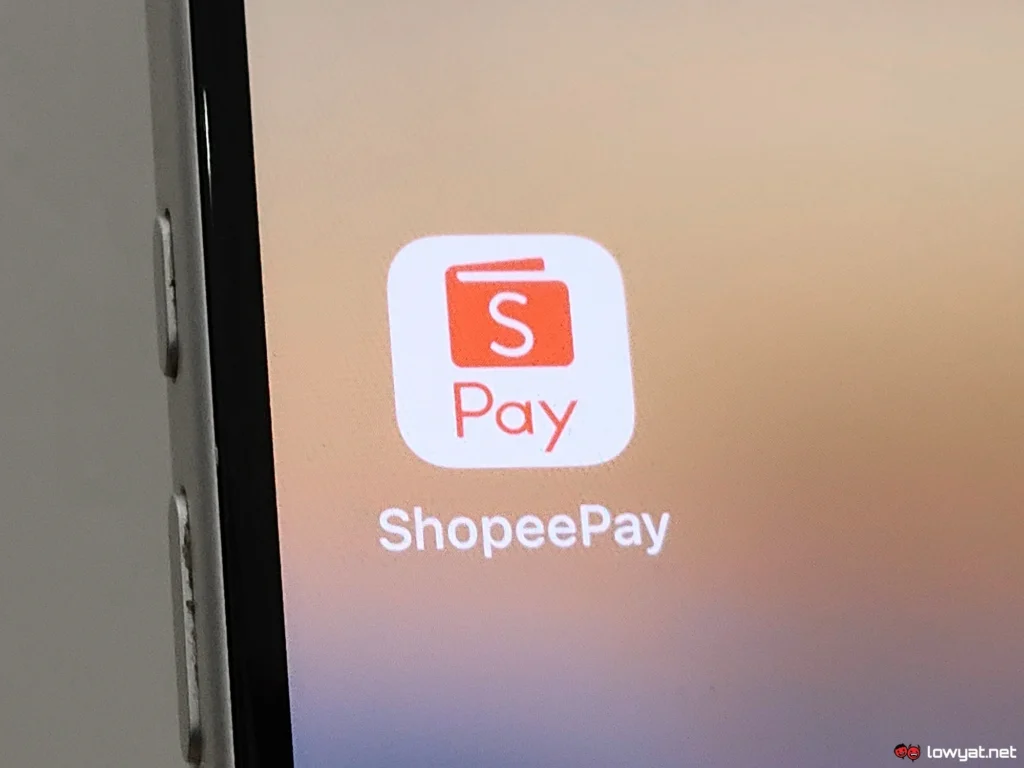
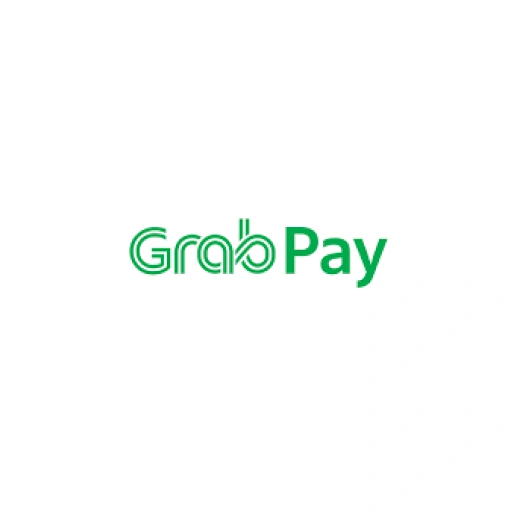
Shopee:
Shopee Malaysia generally does not accept prepaid or international cards for payments or wallet top-ups. Users attempting to use Web3 cards on Shopee often report failed transactions. Some workaround attempts, such as linking the card via PayPal, have had inconsistent success.
Grab:
GrabPay also restricts top-ups from foreign and prepaid cards. However, certain Web3 cards can occasionally be used directly for transactions on GrabFood or Grab rides, though this varies based on the card issuer and merchant configuration.
Touch ‘n Go (TNG):
TNG eWallet remains the most limited in this regard. It currently blocks top-ups from crypto-based cards, and the platform only supports a specific list of local banks and cards. As of now, there is no direct way to use a Web3 card with TNG services.
Creative Workarounds and User Strategies
While native support remains limited, some users have adopted alternative methods:
- Purchasing Shopee or Grab gift cards from third-party resellers using Web3 cards
- Linking the card to PayPal, then using PayPal as an intermediary on supported platforms (results vary)
- Withdrawing crypto to local exchanges, converting to MYR, then transferring funds to eWallets — though this introduces fees and delays
Despite these efforts, most solutions remain indirect and inconsistent, making Web3 cards an impractical option for routine digital wallet top-ups.
Looking Ahead: Regulatory and Market Trends
Industry analysts note that while adoption of Web3 tools is increasing, regulatory uncertainty and platform conservatism remain key hurdles. Local fintech players are cautious, given concerns over money laundering, fraud, and compliance issues surrounding crypto.
However, there are signs of progress. Malaysia’s central bank has initiated discussions on digital asset frameworks, and platforms like Luno continue to gain legitimacy. Some startups have also begun exploring blockchain-based loyalty programs and tokenized rewards — early steps toward broader integration.
Conclusion: Web3 Payment Cards in Malaysia Still Face Barriers
At present, Web3 payment cards in Malaysia offer some utility for crypto holders, but their integration with mainstream apps like Shopee, Grab, and TNG is limited. Users can expect functional use at physical retailers and some online stores, but eWallet top-ups and native support remain out of reach.
Until further regulatory clarity or fintech collaboration is achieved, Web3 cards will likely remain a niche tool for enthusiasts — not yet a replacement for traditional banking in everyday Malaysian life.
Whether or not this changes in the near future will depend on evolving regulations and market demand. For now, crypto-linked cards remain part of the financial fringe — inching closer to the mainstream, but not quite there yet.
Relevant news: HERE

